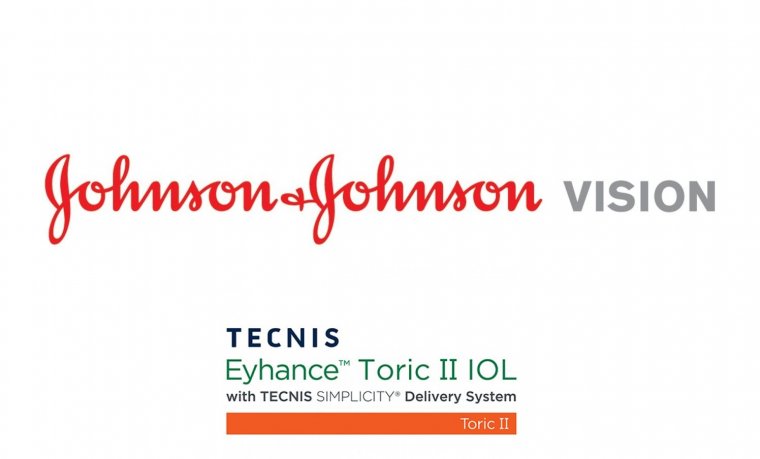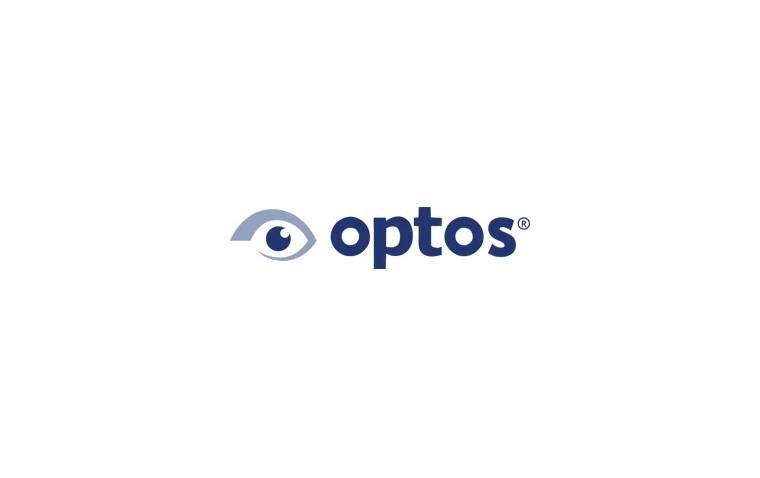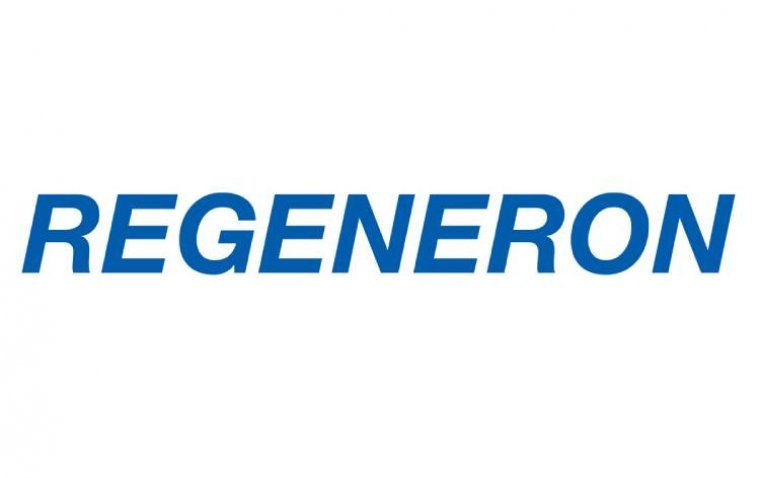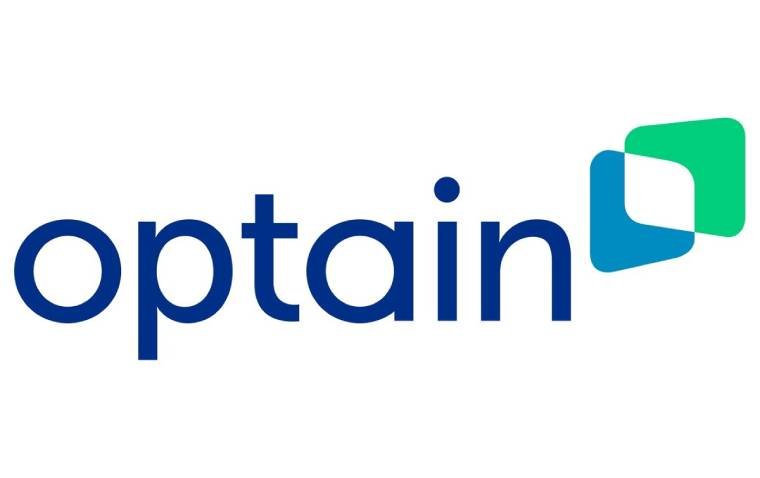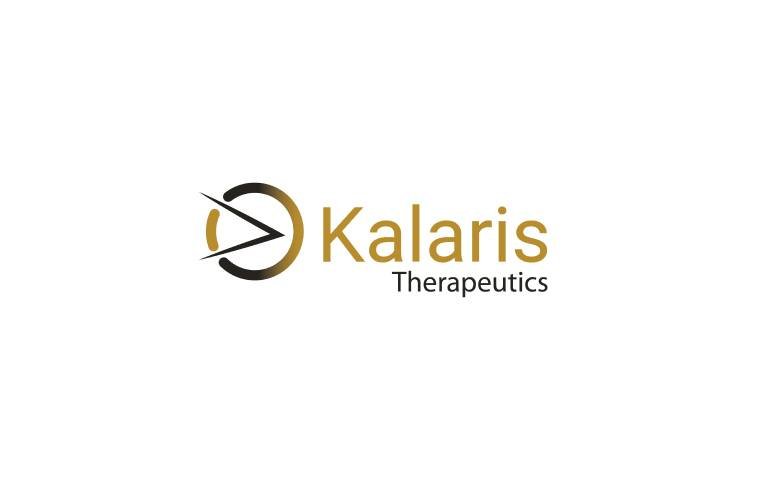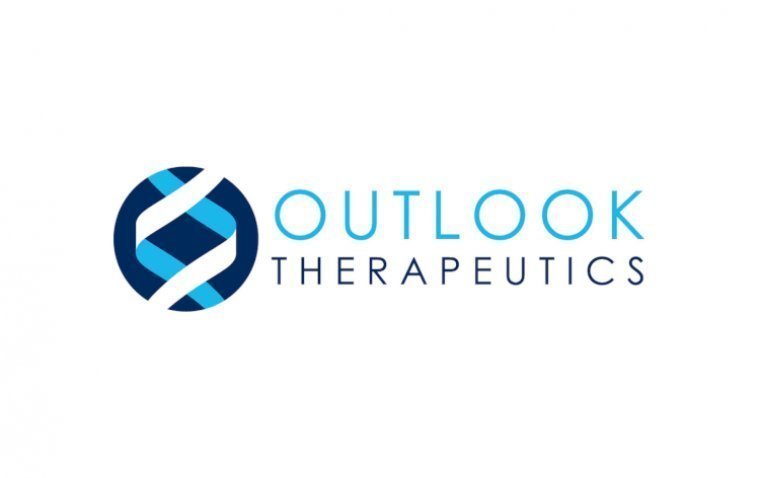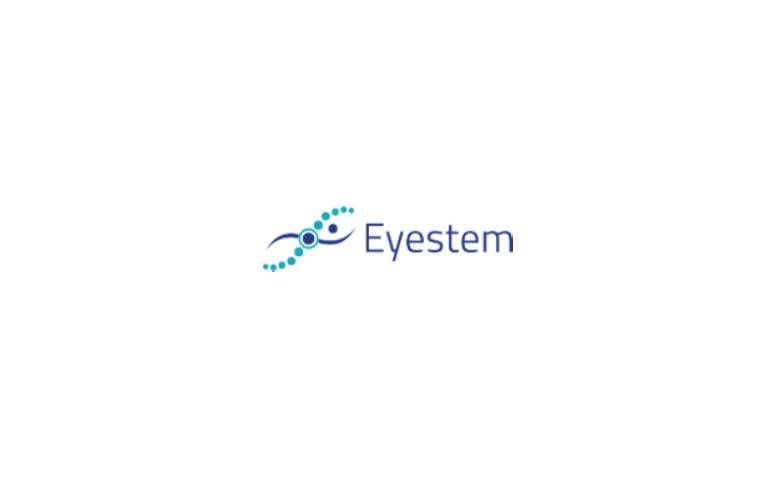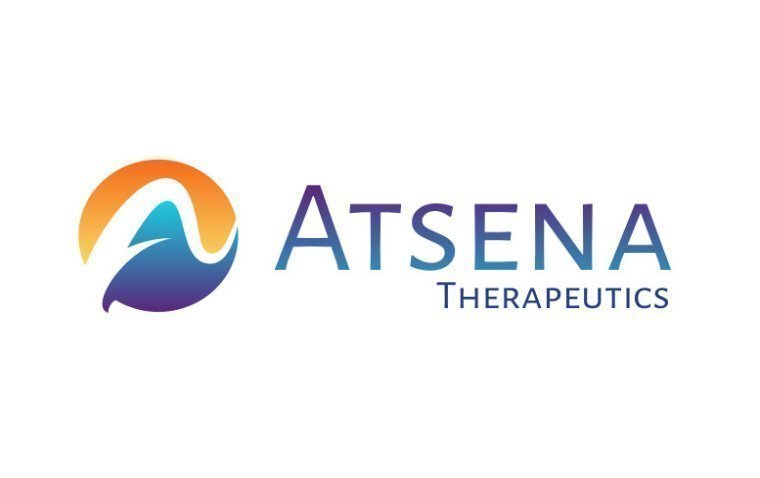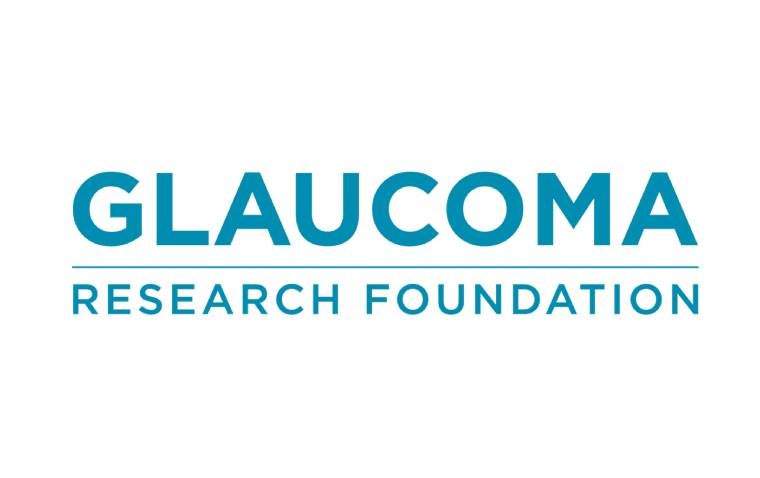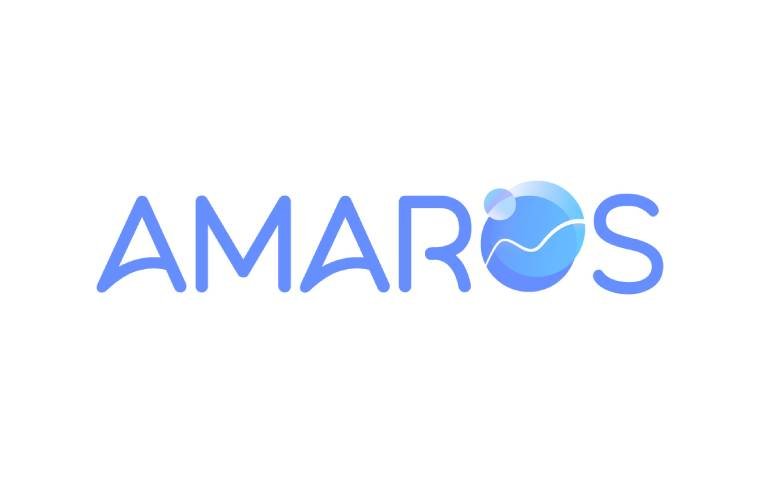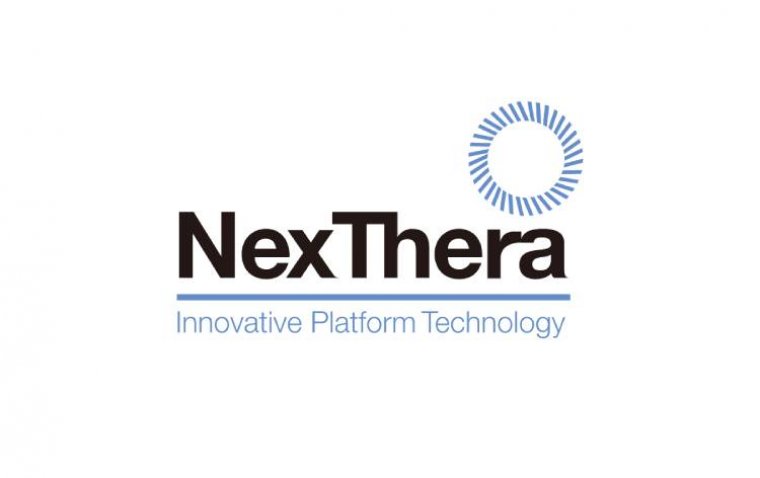
NexThera Submits IND Application for NT-101, a Non-Invasive Treatment for Wet AMD
NexThera has officially submitted a Phase 1/2a Investigational New Drug (IND) application to the U.S. Food and Drug Administration (FDA) for NT-101, an innovative non-invasive eye drop treatment targeting wet age-related macular degeneration (wet AMD).
Proprietary Delivery Platform: Advancing Treatment Accessibility
NT-101 marks NexThera's inaugural new drug candidate developed using its proprietary eye drop delivery platform. This platform allows for the safe and convenient administration of substances directly to retinal tissue, eliminating the necessity for invasive intraocular injections.
Wet AMD stands as a primary cause of blindness among older adults, with current therapies predominantly relying on antibody-based approaches that inhibit vascular endothelial growth factor (VEGF). However, these treatments involve uncomfortable intraocular injections and carry risks of infection, bleeding, and retinal detachment. Long-term use can also lead to complications such as retinal atrophy and fibrosis. Thus, there remains a strong demand for a safer and more convenient treatment option.
Enhanced Efficacy and Dual Benefits of NT-101
NT-101 incorporates an endogenous peptide as an active drug substance along with a carrier protein. It has demonstrated comparable or superior efficacy to existing antibody treatments. Notably, the carrier protein enhances retention on the ocular surface and improves drug delivery to the retina, enhancing efficacy beyond that of the active ingredient alone.
Unlike conventional VEGF inhibitors, which may lead to side effects, NT-101 offers dual benefits by suppressing angiogenesis and protecting optic nerve cells through balanced regulation of angiogenic and anti-angiogenic factors.
Clinical Trial Objectives and Methodology
A NexThera representative outlined the objectives of the upcoming phase 1/2a clinical trial for NT-101, which will assess its safety and tolerability in patients with wet AMD. The trial will administer low or high doses of the drug twice daily for 28 days, with secondary goals including monitoring changes in central subfield thickness (CST) and best-corrected visual acuity (BCVA).
CEO SaeGwang Park expressed confidence in NT-101's potential, stating, “We are confident that the NT-101 clinical trial will establish it as a groundbreaking treatment for wet AMD, paving the way for further development. We're also exploring its potential application to other retinal neovascular diseases, such as diabetic retinopathy.”
(1).jpg)
